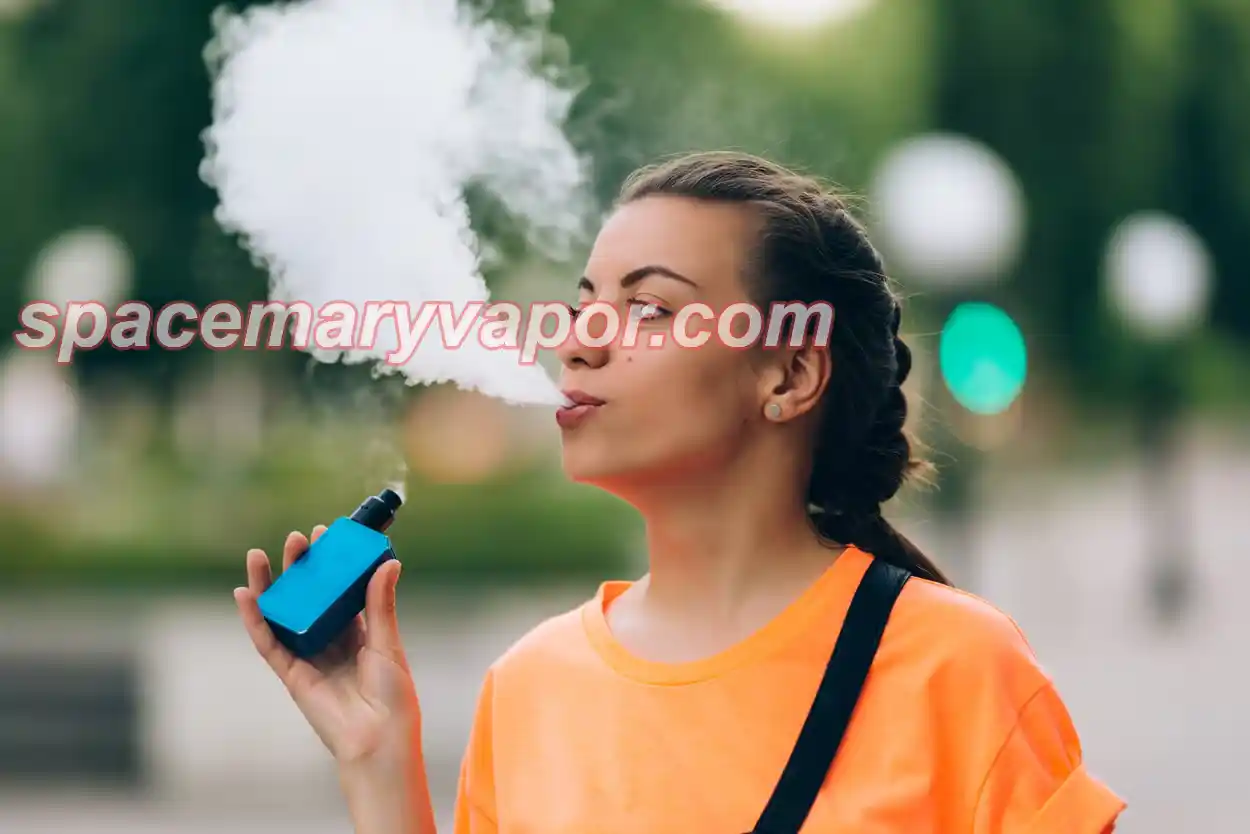Global Vape Regulation Shifts: What’s Happening in Russia, Mexico, Turkey, and the Philippines?
Russia’s Duma Chair Launches Investigation: Over 88% Vote for a Complete Vape Ban
According to RGRU news, Vyacheslav Volodin, the Chairman of Russia’s State Duma, initiated a public survey on his Telegram channel to get feedback on vapes, and the results are pretty clear—an overwhelming majority, more than 88%, are all for a total ban on the sale of vapes and e-liquids.
Volodin explained that in 2023, Russia passed a law that banned the sale of vapes and e-liquids to minors. While the law aimed to curb access among youth, he noticed that it didn’t go far enough to protect children. So, in light of the growing concerns, he decided to open up the question of whether Russia should go all in and ban vapes entirely.
As of now, around 45,000 people have participated in the survey, and the results are pretty telling. A massive 88% voted in favor of the ban, 8% are against it, and the remaining 4% are indifferent to the issue.
This survey follows some earlier proposals by Russian lawmakers to stop both wholesale and retail sales of vapes and e-liquids. The bill was first introduced to the State Duma on December 26, 2023, after some representatives pointed out that devices used for consuming both nicotine and non-nicotine liquids pose a serious health risk. They argued that current sales regulations don’t go far enough to protect public health.
The conversation around vape regulation is heating up globally, and Russia is just one of many countries weighing in on how best to tackle this growing issue. It’s clear that the issue of public health and safety is at the forefront of many policymakers' minds.
Mexico’s President Announces Nationwide Vape Ban
In another significant development in the vaping world, Mexico has decided to ban the production, sale, and distribution of vapes and vaping devices. President Claudia Sheinbaum made the official announcement, calling it part of a broader effort to protect public health. The new law, which will take effect on January 18, 2025, marks a major step forward in Mexico’s health policies.
According to the new law, any products related to vapes, vaping devices, and similar systems will be considered criminal activities. This includes the manufacturing, distribution, and disposal of harmful substances, including synthetic drugs like fentanyl, which have become a growing concern. The law takes precedence over any conflicting administrative or regulatory policies to ensure it is enforced nationwide.
President Sheinbaum emphasized that the primary goal of this legislation is to safeguard the health rights of Mexican citizens. The law aligns with the amendments to Articles 4 and 5 of Mexico's Political Constitution, which were passed by the House of Representatives in December 2024 by a large majority.
Under the new decree, the Mexican Congress has 180 days to amend the legal framework to align with the new regulations. In addition, federal entities must implement necessary changes within one year to ensure consistency across the country.
While many applaud the ban as a necessary public health measure, there are critics who believe that a more nuanced approach might be more effective. Salomon Chertorivski, a former Health Minister and Chairman of the Jalisco State Public Health Advisory Board, expressed concerns that a complete ban could fuel the growth of a black market for vapes.
Chertorivski believes that regulating the industry and requiring manufacturers to disclose harmful chemicals in their products would be a more effective way of reducing harm and educating consumers. He warns that pushing vape sales underground could lead to more people accessing unregulated and potentially dangerous products.
This debate over how to best regulate vaping products continues to play out in many countries, with proponents of both sides passionately arguing for their approaches.
Turkey Seizes $8.5 Million in Illegal Vape Trade
T24 News reported that Turkey’s Ministry of Finance and the Tax Audit Bureau (VDK) recently uncovered a massive illegal vape trade worth 300 million Turkish Liras, or roughly $8.5 million. The discovery is the result of a long-running investigation into the vape market, with tax authorities analyzing transactions worth over 20 billion Turkish Liras ($5.6 billion). Over 50,000 taxpayers’ business activities were scrutinized, leading to the identification of this illegal operation.
In response to the findings, Finance Minister Mehmet Simsek commented, “We will further intensify our efforts to combat the underground economy, which involves a wide range of products and industries. We will not back down in this battle to improve the fairness and effectiveness of our tax system.”
The operation is part of Turkey’s broader effort to clamp down on illegal trading in all sectors, including the vape market. In Turkey, vapes are subject to the same regulations as traditional tobacco products, including bans on advertising, promotion, and sales to individuals under the age of 18.
Illegal vape sales are becoming a growing issue in many parts of the world, with countries scrambling to keep up with the rapid rise of vaping. The black market for vaping products often bypasses regulatory controls, making it harder for authorities to ensure the safety of the products being sold to consumers.
Philippines Proposes Unified Tax Rate for Nicotine Products
In the Philippines, the Department of Finance (DOF) has proposed a single tax rate for all types of nicotine and vaping products. This new tax approach is designed to simplify the administration of taxes and reduce the burden on the Bureau of Internal Revenue (BIR).
Assistant Finance Secretary Carlo S. Adriano-Fermin explained that the current tax system is complicated due to the difficulties in distinguishing between different types of nicotine, particularly between freebase nicotine and salt nicotine. Manufacturers have been marking their products as freebase nicotine to take advantage of lower tax rates, which has created a significant gap in the tax burden between different types of products.
Under the existing 2024 tax guidelines, salt nicotine products are taxed at 57 pesos ($0.9) per milliliter, while freebase nicotine products are taxed at only 6.3 pesos ($0.1) per milliliter. Classic nicotine products, which are typically in larger quantities, are taxed at 65 pesos ($1) per 10 milliliters.
The DOF’s proposal would standardize the tax rate across all nicotine and vaping products, making it easier to manage and enforce. Finance Secretary Ralph G. Recto has indicated that the department is open to discussions on increasing the excise tax on tobacco products. However, he also warned that higher taxes could encourage smuggling, an issue that has plagued many countries with high tax rates on tobacco.
Meanwhile, the House Tax Committee has proposed a temporary pause on annual tax increases for tobacco products. According to Bworldonline, a bill under consideration would freeze tax hikes from January 1, 2025, to December 31, 2026, with a 5% increase every three years thereafter.
The government has also emphasized the importance of cracking down on smuggling, with calls for stronger enforcement of regulations and the creation of a tracking system for tobacco products. The aim is to reduce illegal trade and ensure that products sold in the Philippines are safe and properly regulated.
Global Shift in Vape Regulation: The Future of Vaping
The shifting landscape of vape regulation across the globe highlights the complex nature of managing this rapidly growing industry. Countries like Russia, Mexico, Turkey, and the Philippines are all grappling with how to regulate vaping products in a way that protects public health while balancing the interests of consumers and businesses.
One common thread across these nations is the concern for youth access to vaping products. Many governments are tightening restrictions and increasing penalties for those who violate regulations. However, as the debates continue, there’s also a growing call for more transparency and regulation within the industry itself.
For example, requiring manufacturers to disclose the harmful chemicals in their products, as suggested by critics of complete bans, could empower consumers to make safer choices. Transparency in labeling could also lead to more informed decisions and could even reduce the risks associated with vaping. On the other hand, some argue that a complete ban, like the ones proposed in Russia and Mexico, might drive the industry underground, making it harder for regulators to control the quality and safety of vaping products.
In any case, the vaping industry is at a crossroads. How countries handle this issue will shape the future of vaping products and their regulation for years to come.
To dive deeper into the latest vaping trends, explore our premium space mary vape collection or check out our space mary sm8000 for a closer look at cutting-edge devices. Want to learn more about how the Vape Market is evolving in Latin America? And don’t miss out on how the Industry is embracing eco-friendly practices and pushing for sustainability in vaping.
